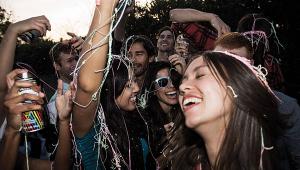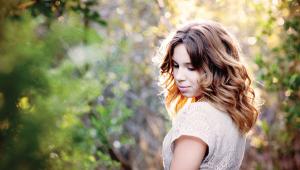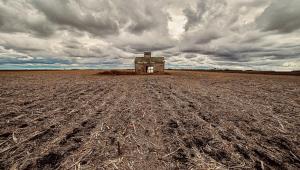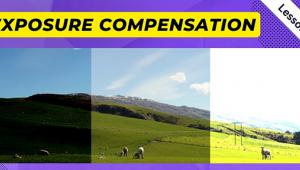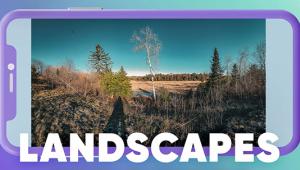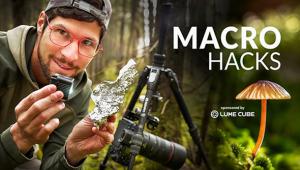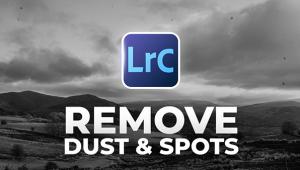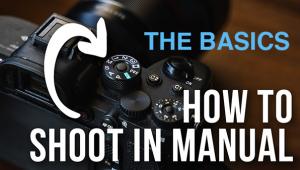The Photo Workshop Business; Teaching For Income, Opportunity, And A Way To Share The Craft
As image technology progresses, professional photographers face new challenges
to build and expand their businesses. Finding new revenue streams and securing
the maximum amount of promotional exposure can seem daunting. The industry keeps
evolving and pros must evolve as well. Getting into photography workshops can
be a source of income and a prime opportunity to generate business exposure.
Other benefits include networking opportunities and access to unique images
during paid travel. Most people only dream of earning a living while simultaneously
fulfilling a passion. For photographers who teach workshops that dream is well
within reach.
Keith Skelton and Brian Leng of California Photography Workshops (CPW, www.californiaphotographyworkshops.com)
are two professionals who have successfully established their workshop business
as an additional source of images and income. Skelton has been a professional
photographer since 1980 and has been published in The New York Times, The Oregonian,
Travel + Leisure, and Newsweek. Leng opened up his first photography studio
in Hollywood and began shooting assignments for advertising agencies, design
firms, and corporations. He is a 15-year veteran instructor at Santa Monica
College in California.
 |
|
|
These partners agree that digital photography is the biggest development in
the workshop industry since the invention of color film over 50 years ago. Prior
to that there had been no new technology, only equipment improvements. Digital
cameras have changed the way that people in the private and professional sectors
view images. It has completely reshaped the practice of photography. With workshops,
they can share their knowledge of these changes as well as continue to pursue
their passion for photography.
Shutterbug: What made you decide to start offering photo workshops?
Keith Skelton: Originally, Brian and I taught basic digital
photography classes through community education at Santa Monica College. Workshops
were a natural extension of the college classes which allowed us to retain more
control over our subject matter. It was a logical progression.
 |
|
|
SB: How was your workshop business established?
Brian Leng: We began with night photography and day trips to
Santa Barbara. We discovered another market niche in offering basic digital
camera workshops for consumers who wished to learn manual photography and finally
venture outside of their Auto modes. These classes were successful because digital
cameras have the same fundamental controls. The differences lie in how controls
are accessed. These variances can be confusing and difficult for the novice
user. Although it appears that digital photography is beginning to level out,
this type of basic digital camera class could be a valuable source of workshop
income as technology changes.
SB: What are the advantages and disadvantages of doing all
the business and marketing of the workshops yourself instead of teaching for
an established institution?
KS: The advantage of doing the marketing and planning ourselves
is that we have total control over what we want to do. Also, we can pick subjects
and places we are interested in personally and that we know the most about.
I pick topics that are directly related to the type of commercial work I do,
which is work on location and in outdoor exotic locations.
The disadvantage of doing the workshops as an independent is dealing with the
general public as clients, rather than just teaching professional photography
clients. This creates a wide range of expertise so that we have to juggle the
person who is new to cameras with serious hobbyists who have more complex questions.
At the same time, this gives us a very diverse group of people. Marketing to
the public at large is a matter of thinking as a generalist compared to being
able (as a commercial photographer) to focus on a select client group.
 |
|
|
SB: When you are producing your own workshops how do you
handle getting insurance, making travel arrangements, renting studio space and
equipment?
KS: We generally don't rent studio space or equipment.
If we do, we go back to the same sources we have used for our commercial photography
assignments. Of course, as with any workshop, we have students signing agreements
releasing us from liability but at this point the insurance is covered under
my personal liability policy. When we are taking trips out of the country, special
travel and accident insurance is purchased through insurance brokers we know.
Right now I am making all the travel plans. I've traveled extensively
for assignment work and have lots of experience planning my own travel. For
the future, we have a few travel specialists waiting in the wings. As our business
grows, we will have to outsource those parts of the business that can be handled
by other professionals.
 |
|
|
- Log in or register to post comments

